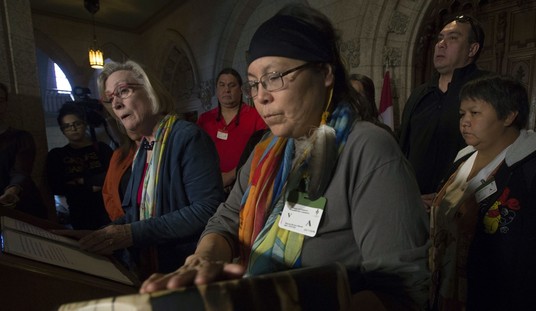I own one suit and one tie to go with that one suit. In fact, I only own one pair of dress socks. Chances are unless you happen to be at a wedding or funeral that I’m attending, you will never see me in that suit, tie, and dress socks — even if you visit my church for our Sunday morning worship service. You see, I do not “dress up” for church.
Frequently, those who believe that I should “dress up” for church will pose a thought-experiment to me. I’m sure you’ve heard it, if not used it yourself to challenge those of us who wear jeans and a flannel shirt to church. The thought experiment goes something like this: “If the president of the United States were to give you an audience, you’d dress up. Why, then, do you wear less than your best when worshipping God?”
Well, for starters, I reject the premise that a suit and tie are my “best.” I also reject the conflation of the POTUS and God in a way that implies that the sovereign Creator of the universe has a perspective that’s as constrained as the perspective of humans. By that, I mean that all presidents are sinful. And all presidents are finite and constrained, to some degree or another, by arbitrary social constructs. God is not.
Backing up a bit, it’s a fact that how we define “dressy” versus “casual” or “classy” versus “slovenly” in regards to clothing is an arbitrary social construct. Unless you can prove that there is something innate about a suit that makes it better than jeans and a flannel shirt, then you must admit that labeling a suit as “dressy” is a social construct. At some point, society decided that a suit is “dressy.” And this is why I can legitimately reject the premise that a suit and tie are “best.”
It may be your opinion that a suit looks better than jeans and a flannel shirt, but that doesn’t mean that’s true for everyone. I, for one, believe that suits look silly, especially when it’s 90+ degrees outside. It’s my opinion that jeans and a flannel shirt are “best.” The difference between me and many of those who disagree with me is that I have zero desire to force others to dress based on my opinions.
What’s more, it’s quite presumptuous for people to declare that God prefers their opinion about clothes over someone else’s opinion.
Now, for those who insist on others adhering to their preferred clothing social constructs, I would like them to answer a question: Do you know why suits and ties are considered “dressy” by our society?
When I was a kid, growing up with a pastor father and a Christian school teacher mother, both who required that their children “dress up” for church, I entertained a similar question. Hearing that “men wear suits and ties to church because we want to honor God by wearing our best,” I would wonder how the farmers, plumbers, and mechanics felt knowing that their work uniform isn’t good enough for God but the work uniform for lawyers, accountants, and politicians is. And therein lies the rub.
Powerful men of means have been wearing a version of ties and decorative scarves for thousands of years to signify that they have power and means. At times, the clothing accessory has been used as a badge of honor and even as a means of signifying sickness. But they didn’t become a popular clothing option until the 19th century after English dandies began wearing them.
As the Industrial Revolution gave rise to a growing middle class, clothing began to become more democratic. Prior to the 19th century, the common person didn’t have the money to spend on clothing. As commoners began to adopt clothing styles that resembled the wealthy, dandies (wealthy young men) started searching for fashion accessories that would be too superfluous for the growing middle class to spend their hard-earned money on. They wanted to dress in a way that signified that they were different (translation: better) than commoners. However, as the middle class grew in size and in wealth, neckties became a status symbol for men desiring to climb the socio-economic ladder in a classist society.
Violating James 2:1-7, the history of ties is a testament to our society preferring specific socio-economic classes over others, specifically in many of our churches. Declaring that clothing choices that signify wealth and power are more honoring to God than the clothing choices of the poor shows partiality to the rich.
Now, and I want to be clear, there is nothing wrong with wearing a suit and a tie to church. If you want to wear a suit and a tie to church, then, by all means, do so in full faith before God. The problem is when you start claiming that other men should do so, too.
God has not prescribed for His people the clothing styles that we are to wear when we worship Him. We have been commanded to do all things decently and in order. Jeans and a flannel shirt are as “decent and in order” as a suit and tie. And in my opinion, jeans and a flannel shirt look nicer than a suit and a tie. So, based on my definitions and opinions, I do dress up for church.









Join the conversation as a VIP Member